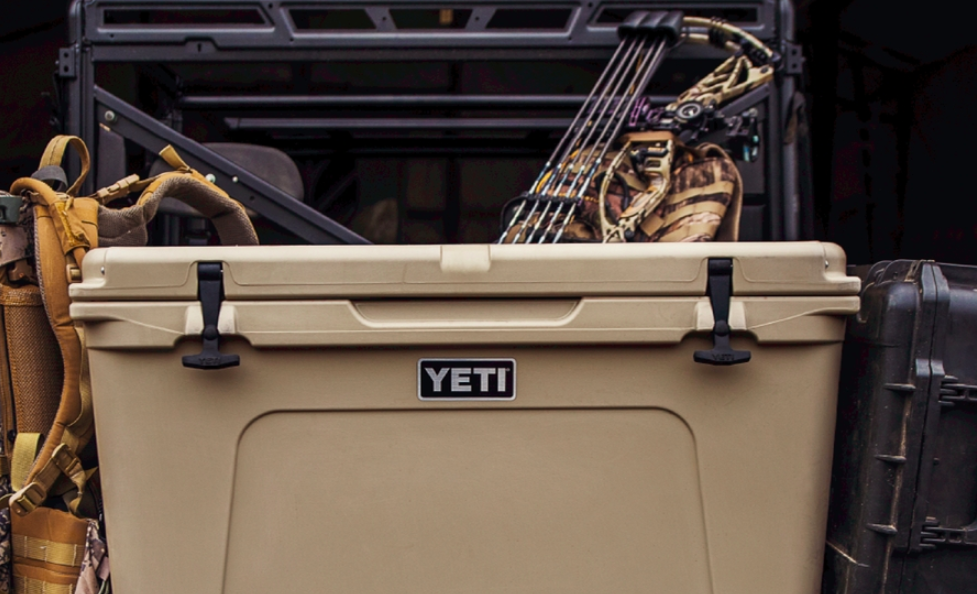Amid volatile stock market conditions, Yeti’s initial public offering were priced at $18, below the company’s projected range of $19 to $21. Yeti also sold 16 million shares in the offering, down from 20 million initially planned. On the company’s first day of trading on Thursday, shares fell $1.00, or 5.6 percent, to $17.
“We didn’t go into this for a one-day action,” Yeti’s CEO Matt Reintjes told CNBC’s “Squawk on the Street” as the initial public offering began trading on the New York Stock Exchange. “Long-term, sustainable growth has been our plan all along.”
Reintjes further told the Austin American-Statesman, “The market backdrop is volatile right now. We are very pleased with where we ended up. When we met with investors, the recognition and enthusiasm about what Yeti is and what Yeti can become was really exciting and energizing. This is just a stop on the path to where the business is going.”
Yeti pulled its planned March IPO due to market conditions. The company also postponed a 2016 offering as it made a series of changes after facing an inventory glut in 2017.
“It was really the chance for the business to evolve into where we are with the infrastructure, the consistency, the performance that we expect to continue to deliver in the market,” Reintjes told CNBC of the first IPO delay. “And we believe in the intrinsic value of this business.”
Yeti sold 2.5 million shares in the offering, raising $36.8 million after underwriting expenses, according to the initial public offering. Yeti plans to use the proceeds to repay $36.8 million of outstanding borrowings under the credit facility. Yeti had planned to sell the same 2.5 million shares in the initial offering.
Selling shareholders sold 13.5 million shares, down from original plans to sell 17.5 million shares. The biggest seller was Yeti’s owner, Cortec, which sold 10.6 million shares. Cortec continues as Yeti’s largest stockholder, owning 54.6 percent of the total voting power of the common stock.
According to SEC documents, Yeti’s business has turned around after a down year in 2017 with sales ahead 35 percent in the first six months of this year on healthy profitability gains. The improvement was attributed to efforts to re-balance inventories, expansion into new categories and direct-to-consumer channels, the culling of approximately 1,100 underperforming retailers and increased engagement with Dick’s Sporting Goods.
Yeti has 83.6 million shares outstanding, placing a value on the company at the IPO price of $1.5 billion.
When it first filed its IPO in September 2016, the Wall Street Journal reported that the heavy-duty cooler and insulated drinkware company was seeking a $5 billion valuation.
Yeti’s stock symbol is “Yeti.”
Image courtesy Yeti
















